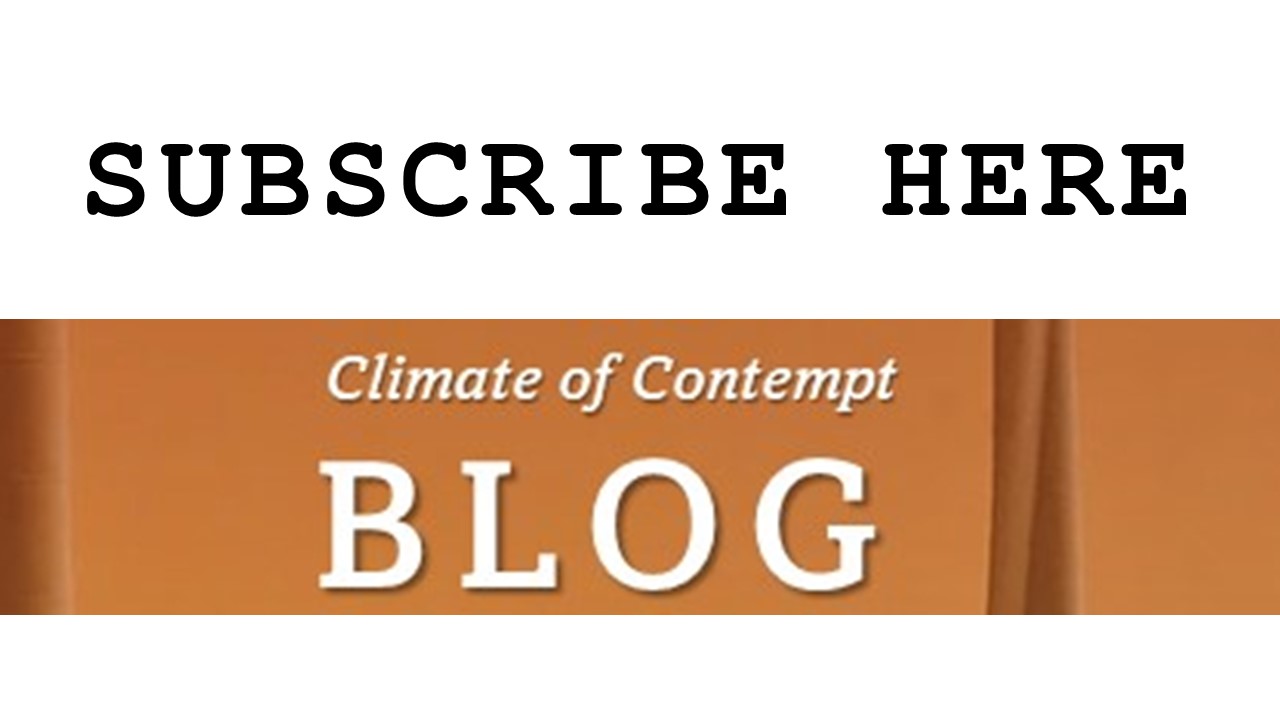Predictably, the second Trump Administration has ramped up its gaslighting and destruction of liberal democratic norms and institutions. Its attack on climate science – indeed, most of the government’s science capability — is more direct this time. It includes the firing of hundreds of National Oceanic and Atmospheric Administration (NOAA) scientists and forecasters, the cancellation of grants and subsidies for climate-related projects by EPA and the Department of Energy, and promises to more fully neuter the EPA.
These actions would have been opposed by much (most?) of the GOP only a few years ago. Today, they are backed by the GOP because of (a) the electoral risk Republicans face for opposing Trump, and (b) decades of messaging casting doubt on climate science. For the climate coalition and Democrats, it is continually unsettling to be confronted with the consequences of today’s the post-truth society.
How many times have you seen people react online to the latest outrage with an anguished “FACTS MATTER!”?
The rejection of objective truth in favor of “alternative facts” on the MAGA right and of truth-as-a-social-construct on the progressive left may contribute to the post-truth environment, but neither idea has enough adherents to explain the declining importance of facts in our policymaking. Rather, the structural changes in our politics that I describe in Chapters 3 and 4 of Climate of Contempt suggest that while facts may still matter, they are not nearly as likely to win out in policy debate because of structural changes in our politics.
And those structural changes have little to do with what corporations (other than those controlled by Elon Musk) want. Rather, they are about the combination of (i) ideological partisan polarization, (ii) geographic partisan sorting of voters (voluntary and involuntary), and (iii) the way the modern media environment amplifies misunderstanding and partisan anger.
These dynamics elevate argument over truth-seeking. Like many academics I lament the declining influence of careful scholarship in policy debate. Just as traditional journalism is being displaced by quicker “takes” and less careful, less circumspect analyses in today’s hyper-competitive, information environment, so is academic scholarship suffering at the hands of those same forces. In the time it takes for a well-vetted academic study be published, its real-world audiences will have read tens or hundreds of seat-of-the-pants analyses of the same issue by advocacy journalists and substack influencers.
And those real world audiences include traditional journalists. Online algorithms and human behavior being what they are, people will tend to find the analyses that fit their ideological preferences, and to discuss them mostly with like-minded others. By the time they see the academic publication in question (if they ever do), they will have already formed and firmed their beliefs about the issue in question.
Moreover, just as traditional journalists reacted to the new competitive landscape by producing grabbier stories, more quickly, and curating the truth less carefully, the new informational world pushes scholars to embrace the role of policy advocate first, and educator second — to be less worried about omitting inconvenient facts or points of view in service of important, righteous ends.
Voters’ beliefs, formed in these ways, drive the centrifugal forces in our politics, and those forces are self-sustaining, and growing stronger. They make it easier for those of us on the left to dismiss Trump voters as (a) willfully misinformed, (b) bigots trying to rationalize their bigotry, or (c) lacking the integrity or intelligence necessary to get the facts right. Indeed, our censored informational and social lives help us to reach those conclusions by holding up example after example of the intellectually lazy, the ignorant and the bigoted among the MAGA right. But that is a distorted picture.
We have to come to grips with the fact that many otherwise kind and intelligent voters truly believe, for example, that (i) Joe Biden and Barack Obama are less intelligent, less well-meaning, less competent, and less interested in protecting the public interest than Donald Trump, or (ii) Democrats’ climate agenda aims to deny the middle and working classes affordable, reliable energy. Those beliefs are the product of the information diet that those voters have consumed during their lifetimes, “news” that they then discuss with others in their social-political cohort.
In the past when voters were confronted with the falsity of their beliefs or their leaders’ claims, they could process that information differently, without the help of the 24/7 media propaganda machine. They had more social space to think about new information and consider it. Today the propaganda machine interrupts the mechanisms by which truth wins out, and by which politicians were previously forced to face the electoral consequences of their lies or false promises.
So, of course facts matter. But when it comes to elections and policy making, voters’ beliefs matter more. Therefore, reinstating truth as a foundation of the policymaking process requires talking to the voters who embrace falsehoods. That is the subject of part 2 of this post. – David Spence




